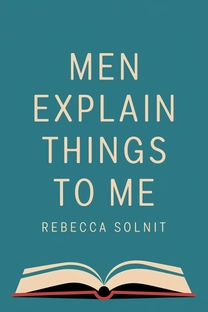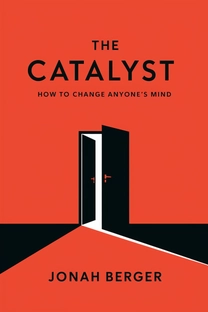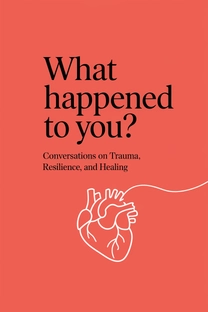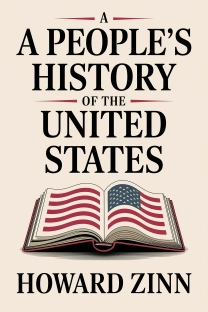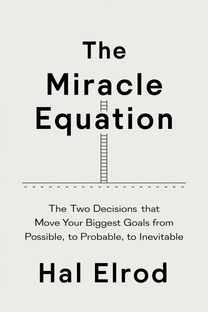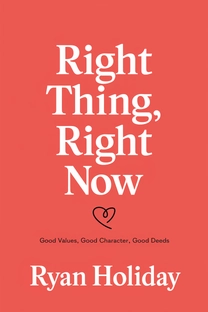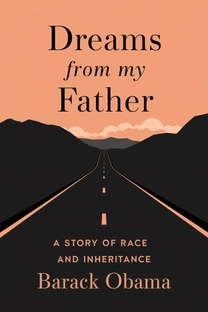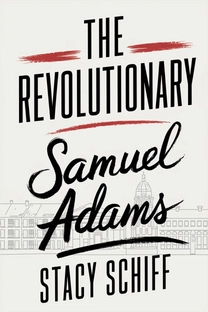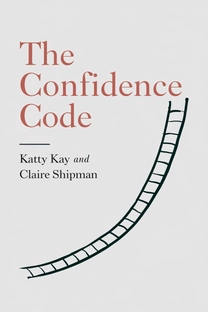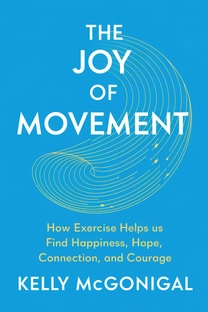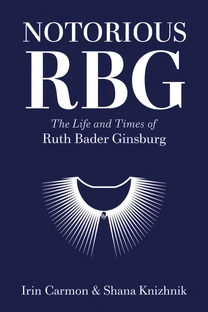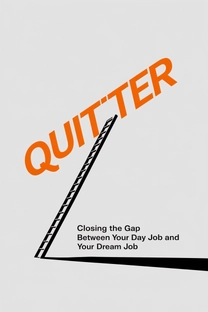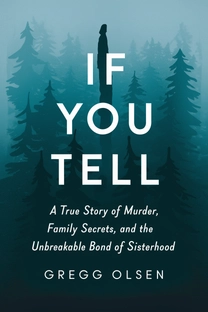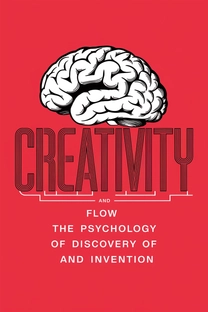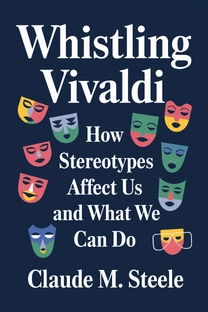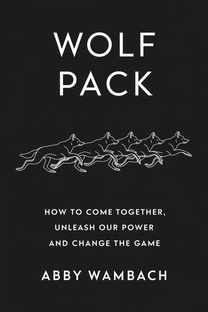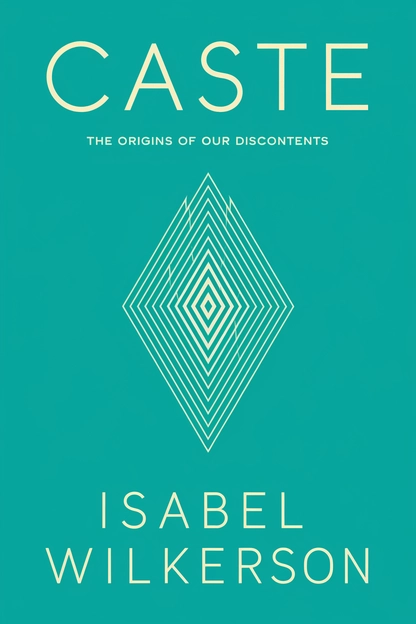
Caste
The Origins of Our Discontents
by Isabel Wilkerson
Brief overview
This book unveils the hidden hierarchy in American society by comparing it with caste structures in India and the Nazi regime. It reveals how unspoken rules shape our perceptions of race, power, and belonging. Through historical examples, personal narratives, and compelling research, readers will discover how caste silently guides interactions and policies, and how understanding this system is key to forging a more equitable future.
Introduction
**The unnoticed structure of everyday life** Imagine stepping onto a stage where your role is assigned long before you arrive. This is how caste operates—an unseen script that shapes people’s identities and interactions, often without their awareness. While commonly associated with other countries, the same rigid hierarchy thrives in America, driving subtle yet profound inequalities.
**Questions that cast a shadow** Have you wondered why certain groups seem locked out of opportunities or why people hesitate to move beyond social barriers? These puzzles may be traced to a caste system feeding on inherited assumptions. By uncovering these roots, we can begin to answer the tough questions about belonging and justice.
**Why it matters now** Labels and hierarchies tug at our sense of security. In times of social stress, caste lines harden, fueling hostility and division. Recognizing the invisible architecture of caste allows us to confront enduring injustices and find common ground on which to rebuild our relationships and communities.
The Hidden Roots
**Origins of an ancient code** Caste frameworks may seem like far-off legends, but they arose from human desires for stability and dominance. In America, the hierarchy evolved under slavery and ideological myths that certain groups existed to serve others. The seeds planted centuries ago still sprout in modern policies and schools, often in ways we fail to notice.
**Parallel lessons from abroad** Looking at India, we see a structured system that confines millions to a fixed social tier. Nazi Germany, too, enforced rigid boundaries to elevate one group at the cost of another. The same patterns—separation, stigma, and denial of empathy—echo in the American experience, revealing a shared global phenomenon.
**Inheritance of division** What was once enshrined in legal codes has morphed into subconscious behavior. Even without official laws, biases and stereotypes persist. People learn their roles as children, absorbing the idea that some lives matter less. By examining these origins, we begin to unearth the present-day impact of that inheritance.
What is Caste about?
In “Caste,” Isabel Wilkerson reveals an invisible hierarchy rooted in American history that shapes power, opportunity, and identity. By drawing parallels with India’s caste structure and the chilling precedents of Nazi Germany, Wilkerson uncovers the hidden rules that define who is valued and who is sidelined. Her research, personal stories, and historical sources all converge to show how these lasting divides affect everything from job prospects to social trust.
This book matters because it moves beyond conventional explanations of race and racism, showing instead that a multilayered caste system keeps prejudice firmly in place. Readers see how longstanding beliefs stay alive in daily routines, policies, and institutions, often without our awareness. In shining light onto this vast, unspoken structure, “Caste” helps us imagine a future built on shared humanity rather than inherited boundaries.
Review of Caste
Wilkerson’s greatest strength lies in her ability to connect larger-than-life historical events with deeply human moments, drawing us into a narrative that feels both urgent and revealing. Through anecdotes, interviews, and well-chosen facts, she illustrates how the caste system weaves through personal relationships and public domains. This approach offers insight into the emotional toll on individuals while showing how communities can begin to address unconscious biases.
Practical steps come into focus as Wilkerson encourages deeper self-awareness and open conversations that can shift our assumptions. Her style is clear yet evocative, making complex ideas accessible to a wide audience, from community organizers to those exploring social justice for the first time. Overall, “Caste” not only equips readers with historical knowledge but also sparks reflection on how we treat one another, making it a valuable resource for anyone seeking a more equitable world.
Who should read Caste?
- Social justice advocates who want to understand and dismantle enduring inequalities
- Educators and academics seeking a historical frame for teaching systemic discrimination
- Leaders and HR professionals aiming to foster inclusive workplace cultures
- Everyday readers exploring the roots of social bias and how to foster empathy
About the author
Book summaries like Caste
Why readers love Mindleap
10-Minute Book Insights
Get the core ideas from the world's best books in just 10 minutes of reading or listening.
Curated For You
Discover your next favorite book with personalized recommendations based on your interests.
AI Book ExpertNew
Chat with our AI to help find the best book for you and your goals.
Reviews of MindLeap
Love how I can get the key ideas from books in just 15 minutes! Perfect for my busy schedule and helps me decide which books to read in full.
Alex R.
The summaries are incredibly well-written and the audio feature is perfect for my commute. Such a time-saver!
Jessica M.
Great app for personal growth. The insights are clear and actionable, and I love how they capture the essence of each book.
Chris P.
The app is beautifully designed and the summaries are top-notch. Definitely worth every penny!
Sarah K.


